2025’s Leading Crypto APIs for Trading, Price Data & Wallet Integration
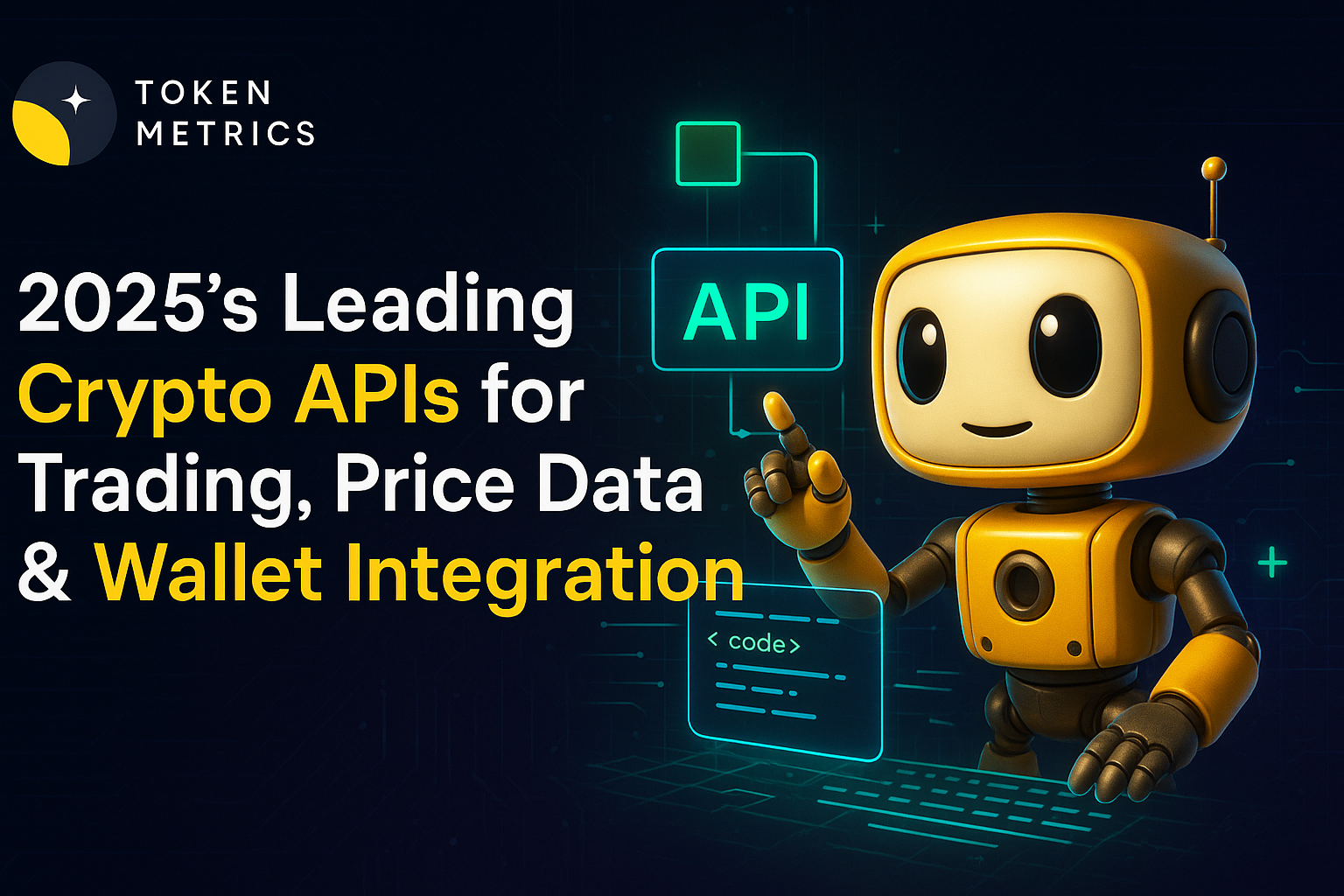
Building or upgrading a crypto platform in 2025 demands reliable, fast, and versatile APIs. Whether you’re developing a trading algorithm, a portfolio tracker, or a wallet application, integrating the right crypto APIs can be the linchpin of user experience and product success. With blockchain and digital assets maturing rapidly, today’s APIs deliver not only real-time price data, but also advanced trading features and seamless wallet integration. But which APIs stand out from the pack?
Top 10 Crypto APIs for 2025: Core Features and Use Cases
API solutions have evolved into indispensable tools for developers, quantitative analysts, businesses, and anyone seeking reliable crypto integration. Here are 10 standout crypto APIs for 2025, each offering a unique mix of performance, breadth, and versatility:
- Token Metrics API: Focuses on AI-driven analytics, real-time price feeds, advanced on-chain data, and market signals, suitable for portfolio tools and research dashboards.
- CoinGecko API: Delivers extensive market data on thousands of cryptocurrencies, including pricing, volume, and historical charts—popular for portfolio tracking apps.
- CoinMarketCap API: Renowned for aggregate crypto price data and deep market cap information, supporting up-to-date listings and trending asset widgets.
- Binance API: Offers robust trading endpoints, order books, WebSocket feeds, and spot/futures functionalities, ideal for automated trading bots on one of the largest exchanges.
- Kraken API: Reliable for both spot and derivatives trading, plus seamless account management and funding workflows.
- Alchemy API: Provides powerful web3 infrastructure, including wallet management, smart contract interaction, and NFT access on EVM-compatible chains.
- CryptoCompare API: Delivers accurate market data, news, and social analytics for comprehensive crypto app backends.
- Blockchair API: A blockchain explorer API supporting multiple chains (BTC, ETH, etc.) with deep transaction analytics and address lookups.
- Fireblocks API: Focuses on secure wallet and asset management for enterprises, with advanced transaction automation and MPC (multi-party computation).
- Moralis API: Enables rapid integration of decentralized identities, wallets, NFT metadata, and database-sync functionality for dApp developers.
The “best” crypto API for 2025 depends on whether your priority is trading, data analytics, wallet management, or web3 protocol interaction. Many forward-thinking teams are now combining several APIs to achieve flexible, scalable architecture.
How to Choose the Best Crypto API for Your Project
With so many options, careful API evaluation is crucial. Consider the following practical factors before integrating a new crypto API:
- Data Accuracy & Latency: Reliable feeds are essential for trading, especially in volatile markets. Test latency and double-check for data aggregation delays.
- Coverage & Network Support: Confirm the API supports the blockchains, trading pairs, and tokens relevant to your use case. Some APIs focus on BTC/ETH, while others support long-tail assets and new chains.
- Security & Compliance: Ensure the API provider follows best practices (rate limits, authentication, encryption). If handling user data or funds, review their compliance documentation.
- Cost & Scalability: Assess free tiers, paid plans, and limits on requests per second. Advanced projects may require enterprise pricing for higher throughput.
- Developer Experience: Look for well-documented endpoints, active community support, and SDKs in your preferred language.
- AI & Analytics Features: APIs that include ML-driven analytics, sentiment scoring, backtesting data, or alerts can provide a competitive edge for automated trading or portfolio management.
Test multiple APIs in sandbox environments to validate uptime, accuracy, and compatibility with your backend infrastructure or front-end frameworks.
API Use Cases: Trading Automation, Price Intelligence & Wallet Integration
Strategic API integration expands what’s possible for developers and crypto businesses. Consider three core implementation scenarios for 2025:
- Automated Trading Strategies: Connect trading APIs (e.g., Binance, Kraken) and analytics engines (Token Metrics, CryptoCompare) as your bot’s data and execution layer. Tight, low-latency connections are vital where milliseconds can matter.
- Real-Time Price Alerts & Analytics: Combine a crypto price API with machine learning or user-defined triggers to drive actionable notifications, portfolio rebalances, or smart dashboards. Integrate advanced analytics from providers like Token Metrics or Moralis for deeper insights.
- Wallet & Web3 dApp Functionality: Utilize APIs like Alchemy, Fireblocks, or Moralis for creating user-friendly wallets, NFT apps, or secure on-chain account management. These offer seamless blockchain interactions and abstract away complex infrastructure challenges.
For teams scaling across blockchains or global jurisdictions, modular design using the leading crypto APIs ensures adaptability and resilience as the ecosystem evolves in 2025 and beyond.
Key Trends in Crypto API Development for 2025
The crypto API landscape is moving fast with several trends shaping developer choices and user expectations:
- Open Source & Community-Led APIs: More projects are releasing open APIs, encouraging collaboration and faster problem-solving for security or integration issues.
- AI-Powered Data & Risk Tools: APIs offering on-chain analytics, anomaly detection, or AI price prediction are gaining traction for smarter trading and compliance.
- Cross-Chain Compatibility: Universal wallet APIs and bridges make it easier to support multi-chain assets and DeFi protocols in one place.
- Improved Privacy & Decentralization: Zero-knowledge proofs and secure computation features are increasingly offered at the API level for confidential transactions.
- Regulatory Readiness: Providers are adopting stricter KYC/AML processes, especially for trading and custodian APIs, to meet global compliance demands.
Whether you’re prototyping a new app or enhancing a mature platform, staying up-to-date with these innovations ensures your tech stack remains competitive and agile as the regulatory and market landscape shifts.
Build Smarter Crypto Apps & AI Agents with Token Metrics
Token Metrics provides real-time prices, trading signals, and on-chain insights all from one powerful API. Grab a Free API Key
Frequently Asked Questions About Crypto APIs
Which crypto API offers the most accurate real-time price data?
Accuracy can depend on exchange coverage and update frequency. APIs like CoinGecko, CoinMarketCap, and Token Metrics aggregate data from multiple sources to improve reliability. Always test feeds for your specific asset list.
What is a crypto wallet integration API?
A crypto wallet API enables developers to add wallet functionalities—such as creating, managing, and sending cryptocurrencies—directly within apps. Leading options like Alchemy and Fireblocks allow seamless blockchain transactions and secure asset management.
Are there free crypto APIs for development?
Yes. Many top crypto APIs, such as CoinGecko, Moralis, and Token Metrics API, offer free tiers for development and low-usage applications. However, higher volume or advanced features may require paid plans.
How can I ensure security when using a crypto API?
Prioritize APIs with robust authentication, encryption, and documented security protocols. Use API keys or OAuth, monitor for suspicious activity, and regularly audit your application’s handling of user data and crypto operations.
Do any crypto APIs include AI-based analytics or trading signals?
Yes. Advanced APIs such as Token Metrics provide AI-driven analytics, signals, and predictive tools to enhance research and strategy development. These can be integrated into custom dashboards or apps for additional intelligence.
Disclaimer
This article is for informational and educational purposes only. It does not constitute financial, legal, or investment advice. Please conduct your own research and consult licensed professionals before making technical or business decisions involving cryptocurrency technology or markets.
Create Your Free Token Metrics Account

.png)




%201.svg)
%201.svg)


%201.svg)



.png)

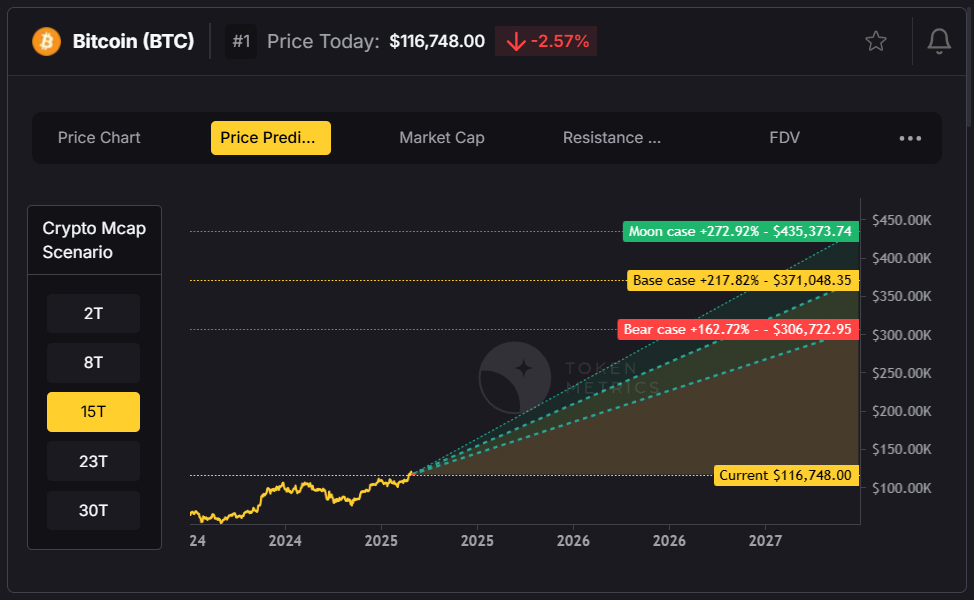


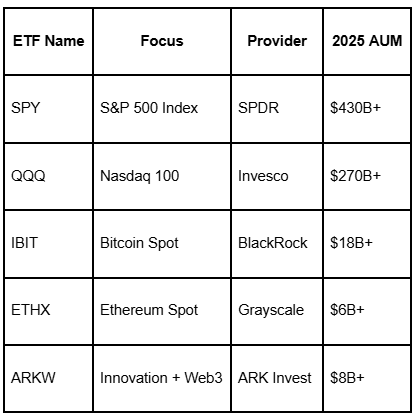
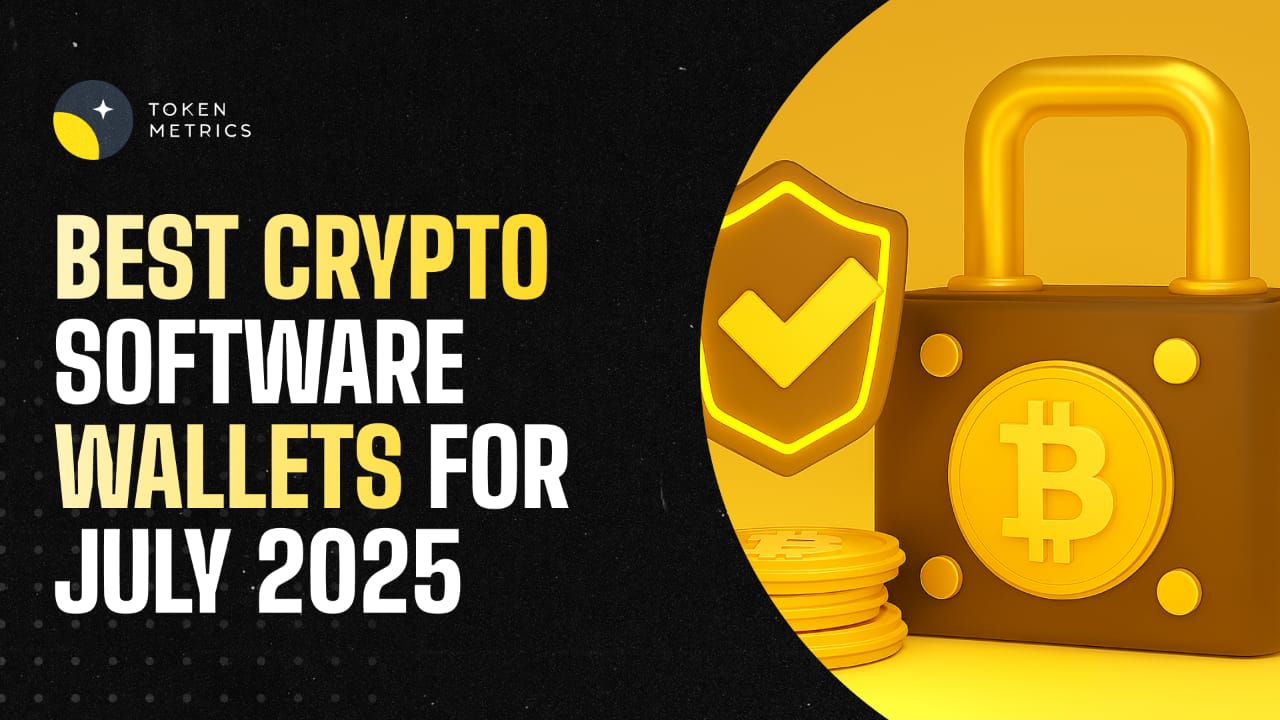



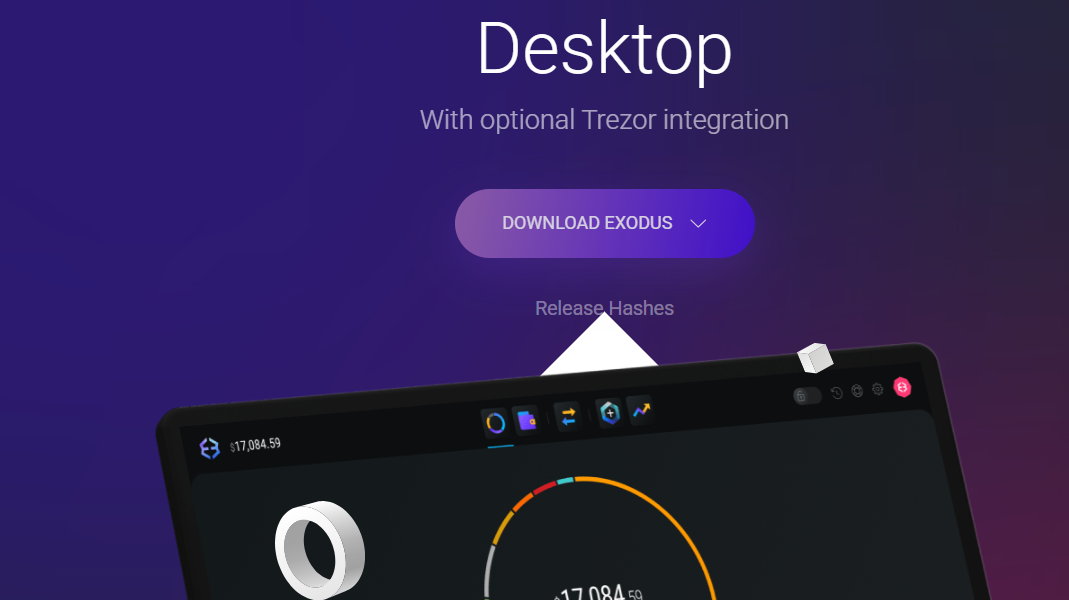
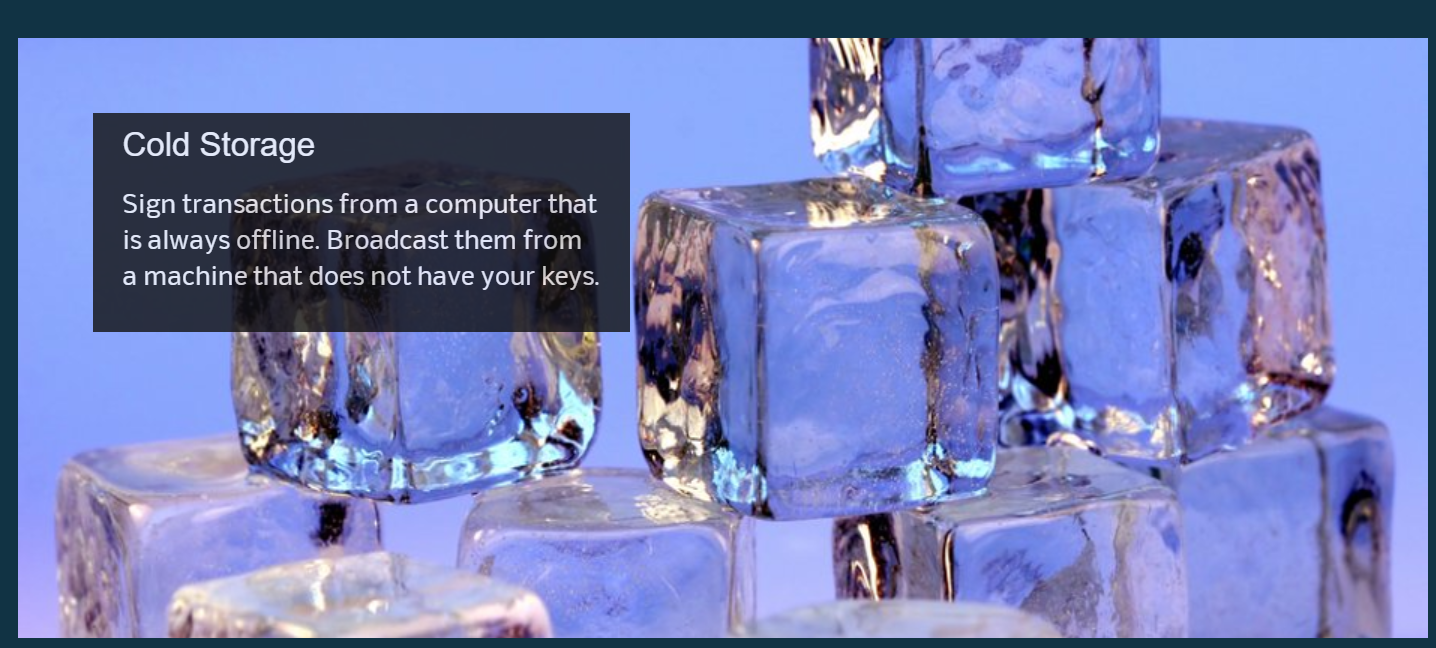


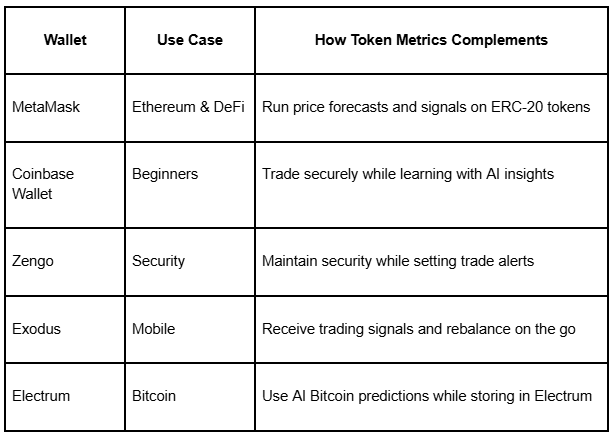
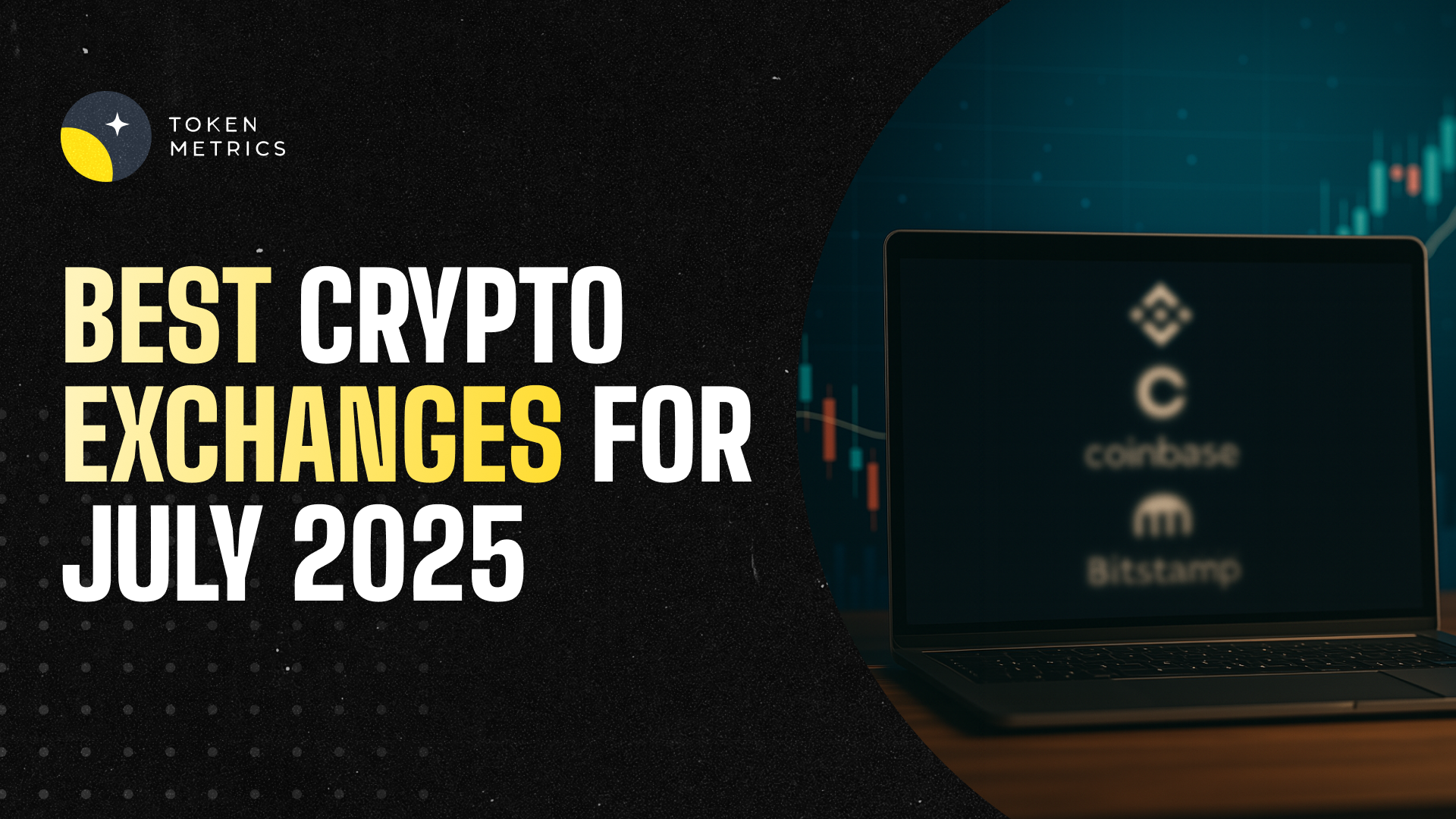
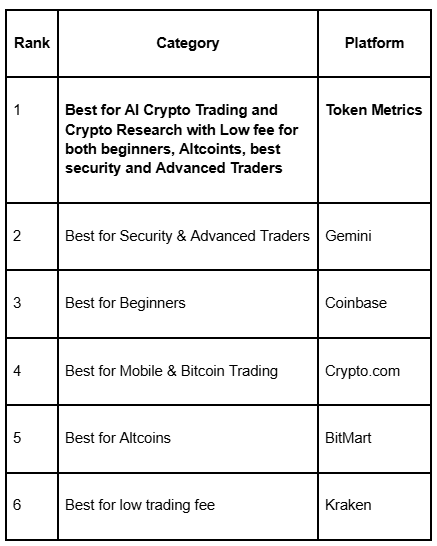



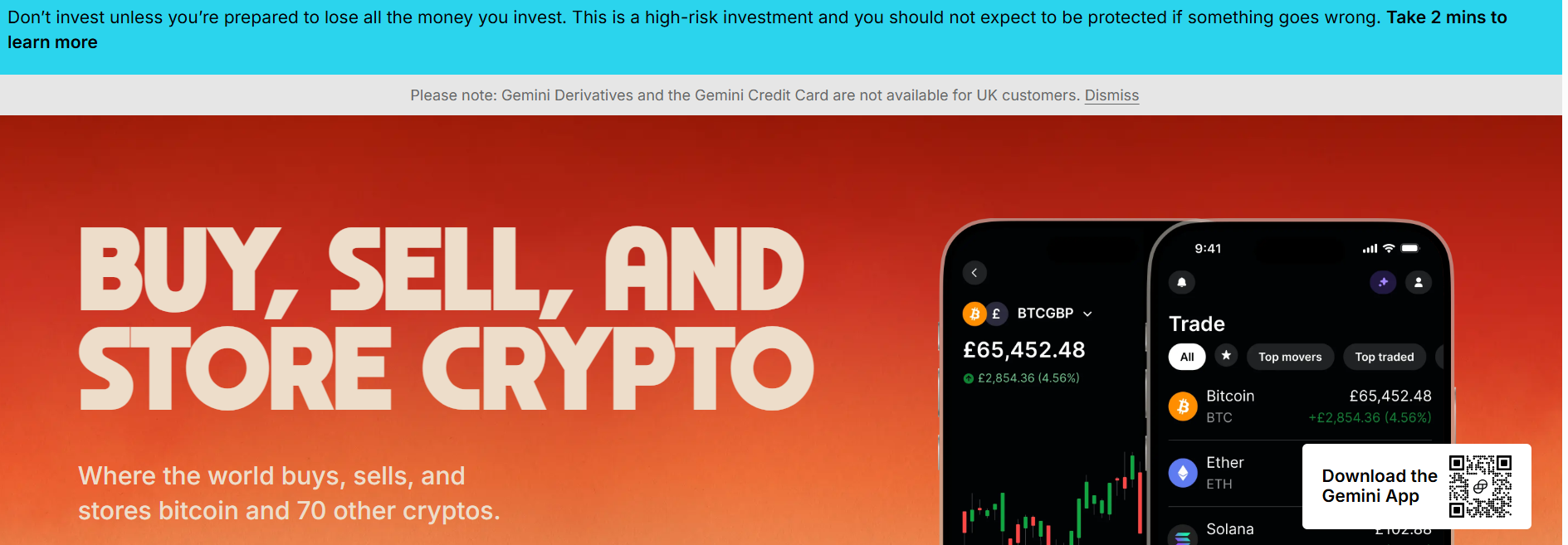
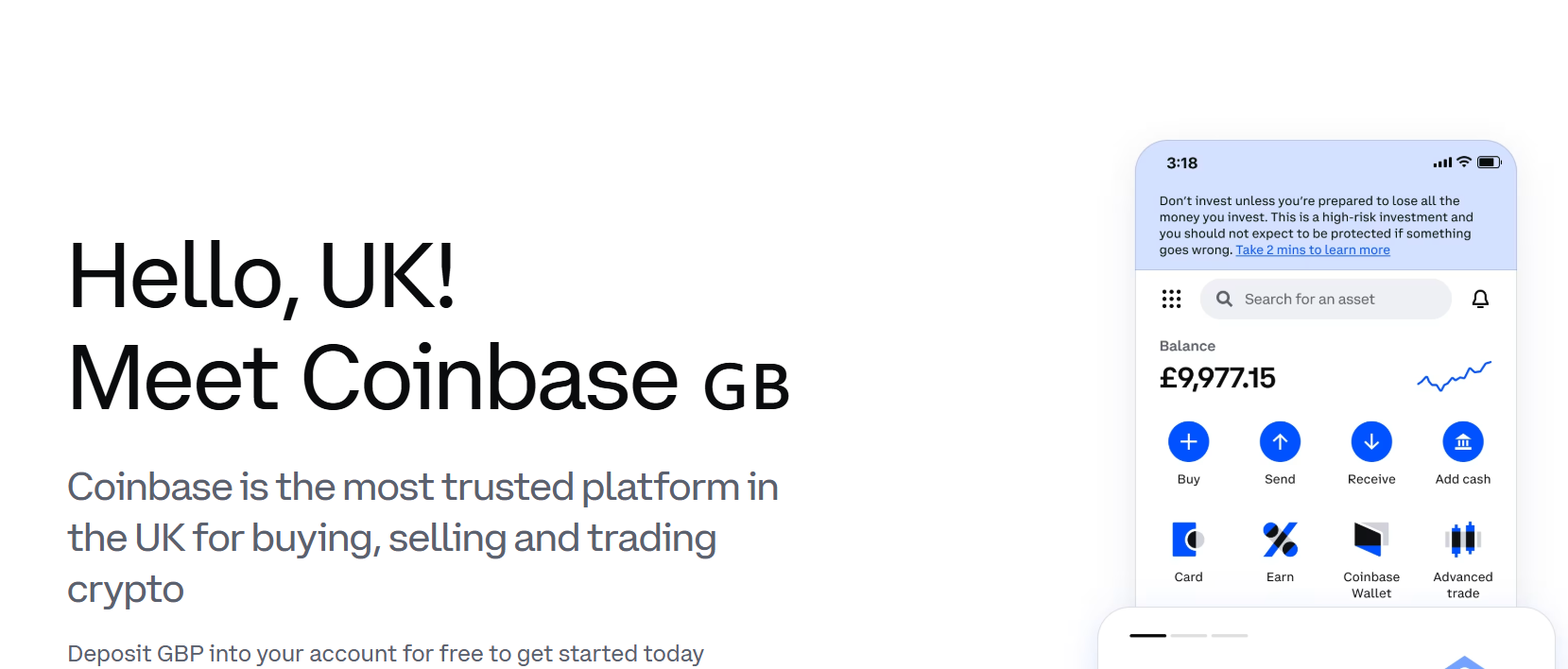
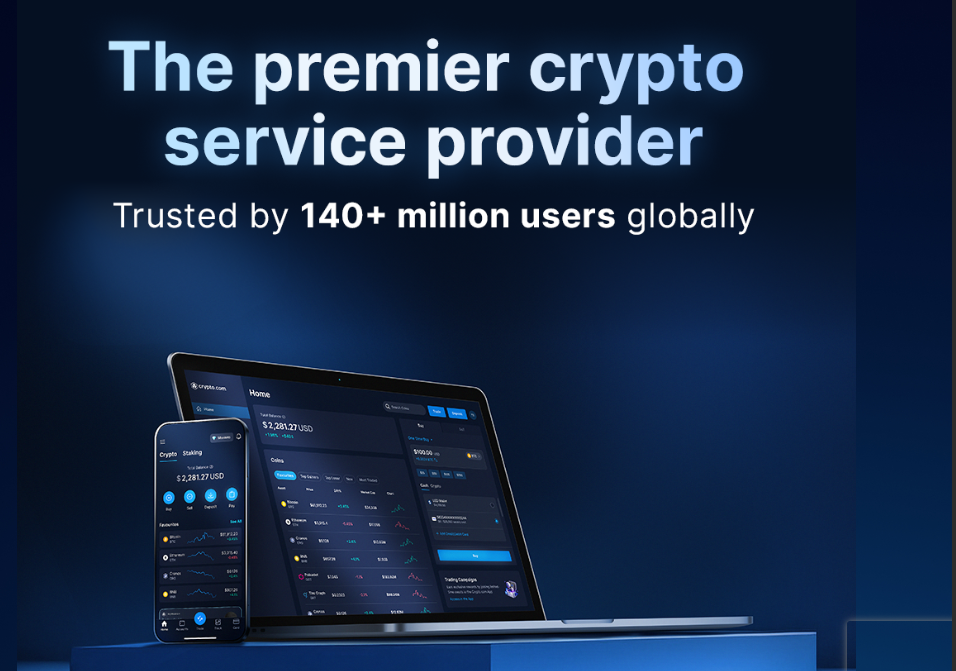
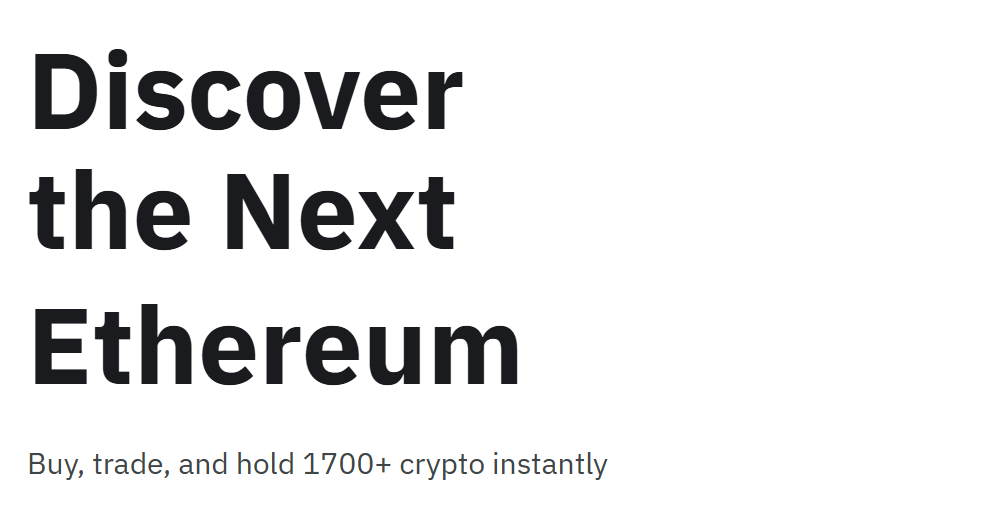
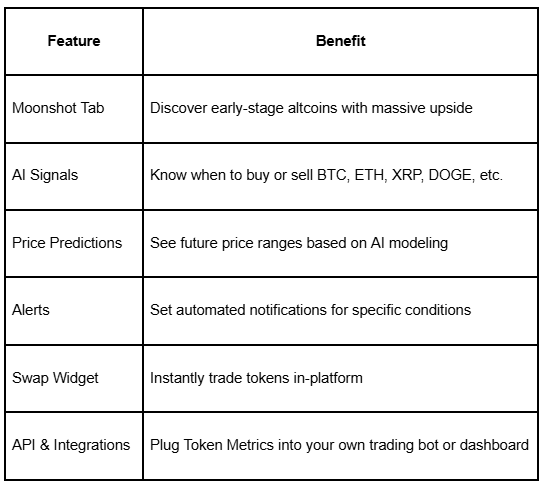




.svg)




.png)